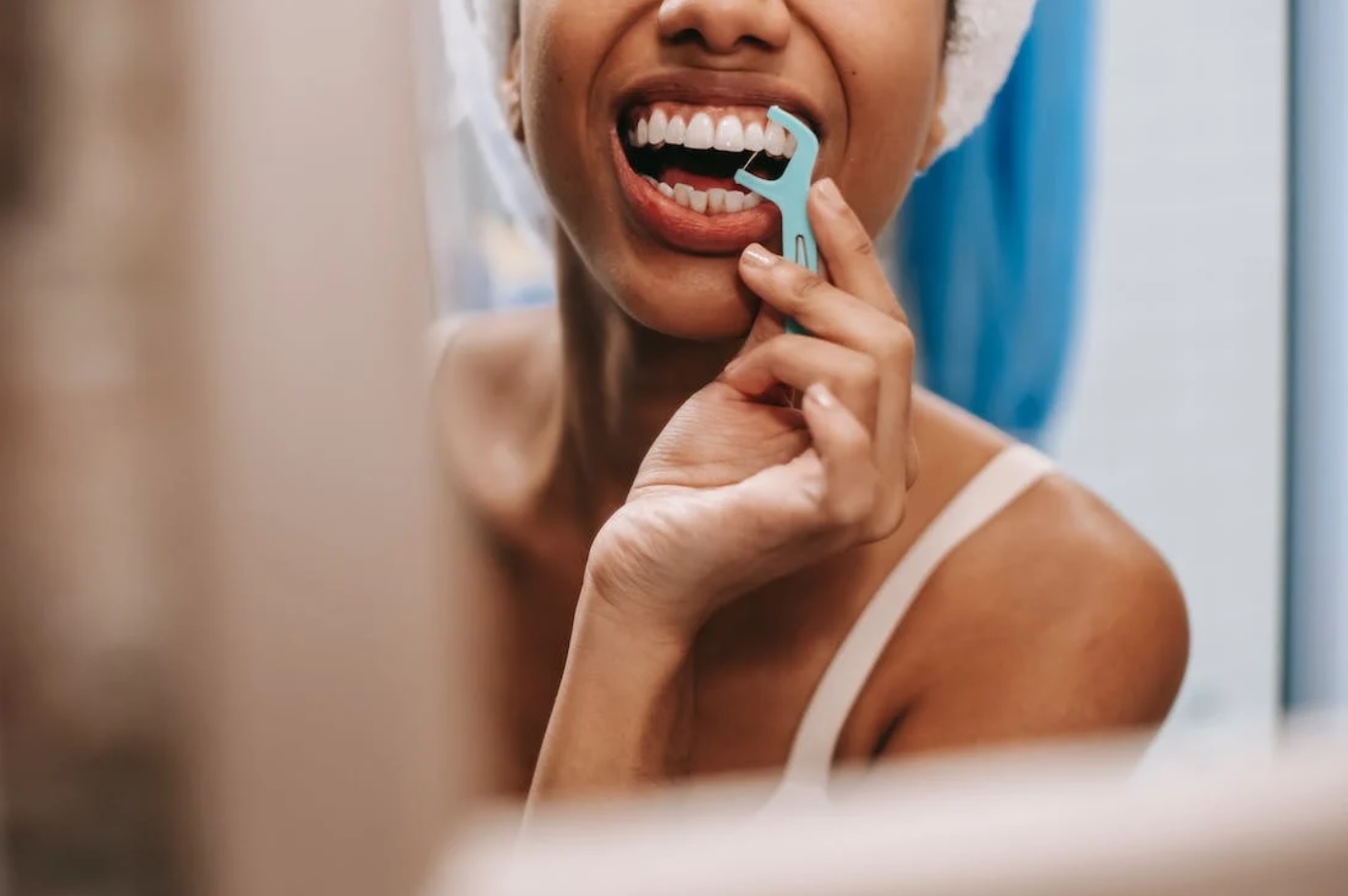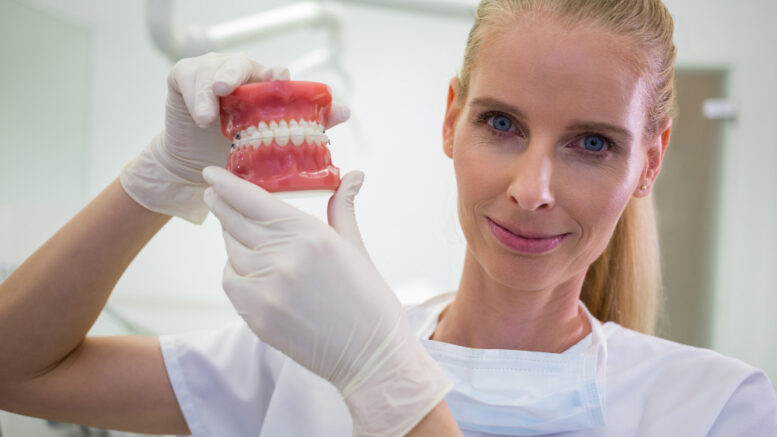In the ever-evolving landscape of healthcare, there’s a group of dedicated professionals who play a pivotal role in ensuring our smiles remain healthy and bright. These unsung heroes are licensed dental hygienists, and they are the ones who make sure our oral health is in top-notch condition. If you’ve ever considered a career in the field of dental hygiene, you’re in for a rewarding journey that not only benefits your own professional growth but also contributes significantly to the well-being of countless individuals. In this article, we will walk you through the path to becoming a licensed dental hygienist and the essential role they play in promoting oral health.
The Licensed Dental Hygienist: A Vital Part of Dental Care
Before we delve into the educational and professional journey of a licensed dental hygienist, let’s understand their crucial role in the world of dentistry.
Licensed dental hygienists are highly trained professionals who work alongside dentists to provide preventive dental care services to patients. Their responsibilities include:
- Dental Cleanings: Performing thorough teeth cleanings, removing plaque, tartar, and stains.
- Oral Health Assessments: Evaluating a patient’s oral health, looking for signs of gum disease, cavities, and other issues.
- Educating Patients: Educating patients on proper oral hygiene practices and recommending oral care products.
- Taking X-Rays: Capturing dental X-rays to help dentists diagnose dental problems.
- Applying Sealants: Applying dental sealants to protect teeth from decay.
- Administering Local Anesthesia: In some states, licensed dental hygienists can administer local anesthesia.
These professionals are often the first line of defense in preventing dental issues and promoting overall oral health. Their work not only helps individuals maintain their smiles but also contributes to their overall well-being.
The Educational Path
Becoming a licensed dental hygienist requires a structured educational journey. Here are the essential steps:
1. Obtain a High School Diploma
The first step is to complete high school or obtain a GED (General Educational Development) certificate. High school coursework in biology, chemistry, and mathematics is beneficial as it lays the foundation for your future studies.
2. Enroll in a Dental Hygiene Program
Next, you’ll need to enroll in an accredited dental hygiene program, typically offered at community colleges, technical schools, or universities. These programs usually take around two to three years to complete and culminate in an associate’s degree or bachelor’s degree in dental hygiene.
During your program, you’ll gain knowledge in subjects such as anatomy, physiology, radiography, and dental hygiene techniques. You’ll also gain practical experience through clinical rotations, allowing you to apply what you’ve learned in a real dental setting.
3. Pass the National Board Dental Hygiene Examination (NBDHE)
After completing your dental hygiene program, you must pass the NBDHE, a comprehensive written examination administered by the Joint Commission on National Dental Examinations. This examination assesses your understanding of dental hygiene principles and practices.
4. Obtain State Licensure
To practice as a dental hygienist, you’ll need to obtain a license from your state’s dental board. Licensure requirements vary from state to state but typically include passing a state clinical board examination and meeting specific educational and ethical standards.

Career Opportunities for Licensed Dental Hygienists
Once you’ve become a licensed dental hygienist, a world of opportunities opens up:
1. Clinical Practice
Many licensed dental hygienists work in private dental offices, providing routine cleanings and assessments to patients. They may also work with specific populations, such as children, the elderly, or individuals with special needs.
2. Education
Some dental hygienists choose to become educators, teaching in dental hygiene programs or providing community education on oral health and hygiene.
3. Research
For those interested in the scientific aspects of oral health, opportunities in dental research and product development are available.
4. Public Health
Licensed dental hygienists can work in public health settings, promoting oral health and providing care in underserved communities.
5. Sales and Marketing
With their deep knowledge of oral health products, dental hygienists can pursue careers in sales and marketing for dental care companies.
The Impact of a Licensed Dental Hygienist
The work of licensed dental hygienists goes beyond the dental chair. They play a significant role in preventing oral diseases and improving overall health. Regular dental hygiene visits can detect early signs of oral cancers, diabetes, and cardiovascular diseases, underscoring the vital role these professionals play in holistic healthcare.
Conclusion
Becoming a licensed dental hygienist is a rewarding journey that not only offers a fulfilling career but also contributes to the well-being of individuals and communities. By following the educational path, passing licensure exams, and exploring various career opportunities, you can become a crucial part of the healthcare system, helping people maintain healthy smiles and better lives. So, if you’re passionate about oral health and eager to make a positive impact, consider the path of a licensed dental hygienist – it’s your way to a brighter, healthier future.
